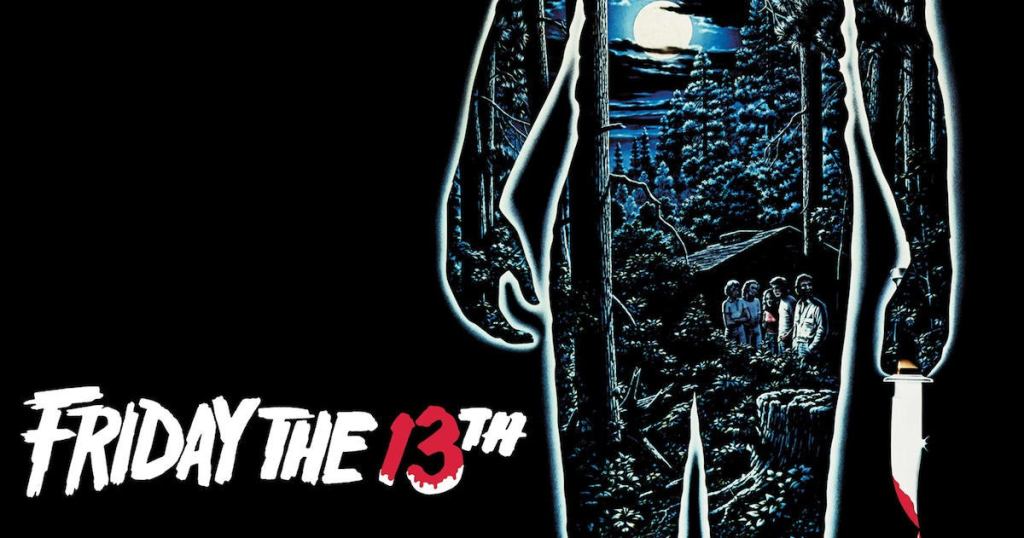Who’s afraid of the big, bad Friday the 13th? Well, probably fewer and fewer people as the years go on, but the superstitious nature of the day still has an impact on our behaviors. To paraphrase the great Dunder Mifflin manager Michael Scott, we might not be very superstitious, be we are “a little stitious.”
According to My Journal Courier, the Stress Management Center and Phobia Institute — which is based in North Carolina — has reported that the number of Americans who are afraid of Friday the 13th is from anywhere between 17 million to 21 million. The institute notes that businesses lose an estimated $800 million to $900 million in revenue on Friday the 13th, due to superstitious patrons.
Videos by PopCulture.com
Possibly the biggest part of why people are so afraid of Friday the 13th has more to do with the number 13 than the day itself. Medically known as triskaidekaphobia, the fear of the number 13 has existed for centuries and is ingrained into modern culture. Many hotels leave it off the end of room numbers, and it is said that the number of high-rise residential buildings in Brooklyn and Manhattan to contain a 13th floor is less than 5 percent. Relatedly, Otis and Kone — two of the world’s leading manufacturers of elevators — offer plans that leave off the number 13 from their floor buttons.
It is even reported that many airlines leave the number 13 out whenever possible, as it can potentially make superstitious flyers feel uncomfortable. Interestingly, the fear of Friday the 13th also has a more scientific name. It is called friggatriskaidekaphobia, and it has roots in Norse mythology related to the goddess Frigga. There are some, however, who point to the Christian Bible as a possible explanation for the fear of the day. Those who credit it cite two factors: Judas being the 13th guest at the Last Supper of Jesus, and the religious figure then being crucified to death on a Friday.
Still, there are others who claim that the superstition of the day comes from the novel Friday the 13th, which was published in 1907 by a stockbroker named Thomas Lawson. The book even begins with those three words, “Friday the 13th.” Whatever the true root cause, there is no denying that the term itself has become a staple of pop culture.









